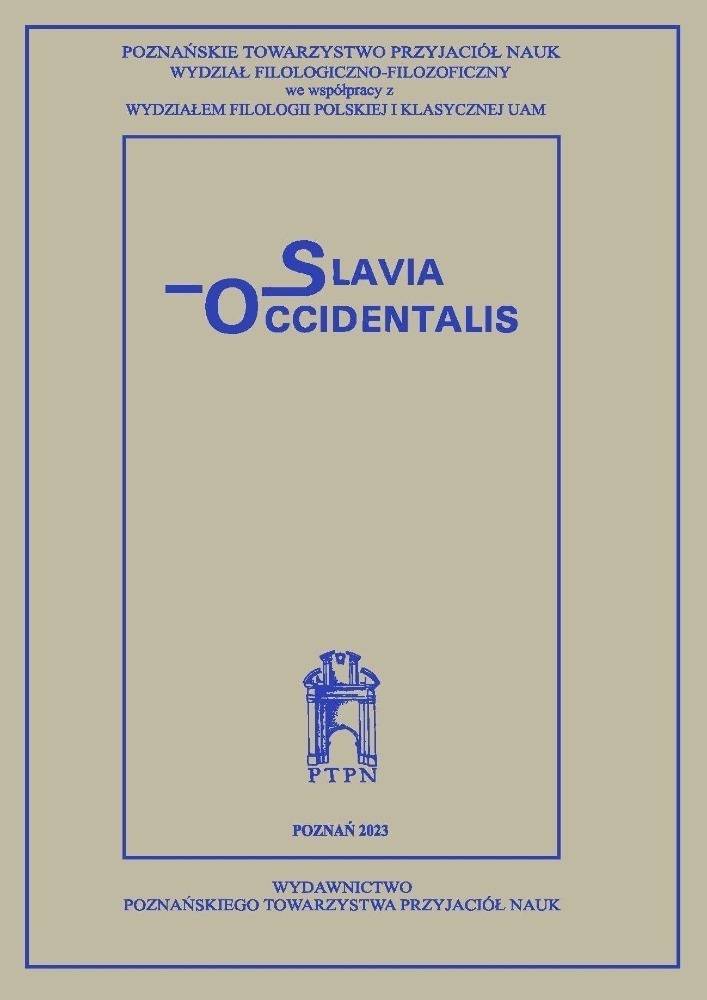Abstrakt
1968 is a very controversial date these days. I start my research about 1968, by looking at 1967 first. Why? Because this congress was almost an exact projection of what happened during the Prague Spring, however, more was said there. The writers there were discussing the big questions, about a whole country and the destiny of a nation. Therefore, the importance of Kundera’s speech is quite significant. Havel, Vaculík, Ivan Klíma all gave politically important speeches. Regarding poetic power, Jan Skácel seemed especially strong. Even though Hrabal was not present, we have to give him some credit as well. Not only the positive, but also the negative side of 1968 was predicted. Mainly the Communist Party’s attempt to intervene. The Czech Spring of 1968 was not a student-movement, but a struggle by middle-aged and mature intellectuals, mostly against what they had instigated in their youth. So this was an exceptionally self-critical revolution.
Bibliografia
A švejki lélek, Švejkovská duše, Holnap kiadó, 2002
T. Berkes: A cseh hatvannyolc saját kontextusa (Vlastní kontext českého osmašedesátého). 2000, červenec–srpen 2008, str. 54.
T. Berkes: A cseh újjászületés mint irodalmi kánon (České národní obrození jako literární kánon) In Tamás Berkes ed.: Keresztirányok (Křižovatky) Balassi Kiadó, Budapest. b.r. str. 92.
E. Bojtár: Kell-e összehasonlító irodalomtudomány? (Je třeba srovnávací literární věda?) In Tamás Berkes ed.: Keresztirányok (Křižovatky), str. 42.
Ein Gespräch mit der Philosophin Julia Kristeva, Berliner Zeitung, 23. VI. 2008.
M. Heidegger: Bytí a čas; Oikumené, Praha, 1996, str. 37).
M. Kundera: Člověk zahrada širá. Verše. Československý spisovatel, 1953.
T. G. Miklós: El ne merd olvasni! (Neodvažuj se to číst!; Élet és Irodalom, 16. V. 2008, str. 5.
P.Nádas: Mese a tűzről és a tudásról (Pohádka o ohni a poznání) In: Esszék (Eseje). Jelenkor, Pécs, 1995, str. 118–119).
F. Nietzsche: Radostná věda 29. In uő: Válogatott írásai. Gondolat, Budapest, 1984. 159.
Platón: Ústava 389a (in: uő: Összes művei, Európa Kiadó, 1984.
M.Viewegh Báječná léta pod psa si rodina ráno 21. srpna 1968
Licencja
Prawa autorskie (c) 2013 István Vörös

Utwór dostępny jest na licencji Creative Commons Uznanie autorstwa – Użycie niekomercyjne – Bez utworów zależnych 4.0 Międzynarodowe.
